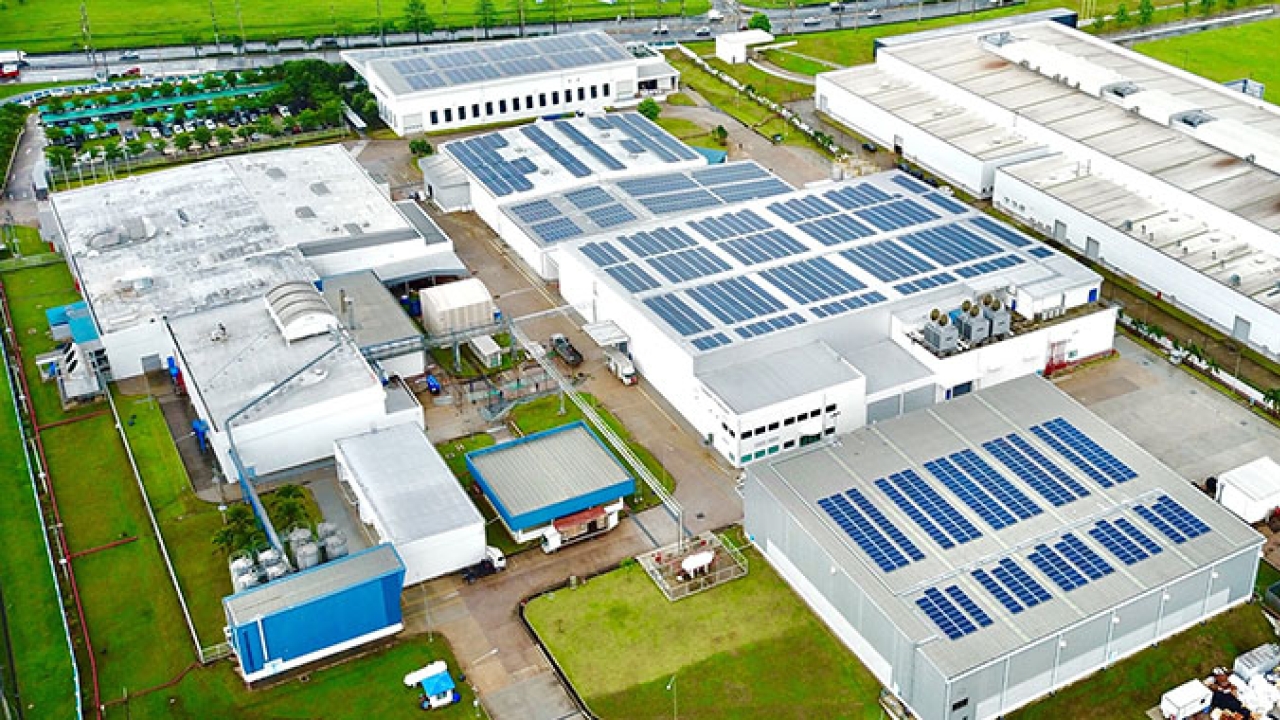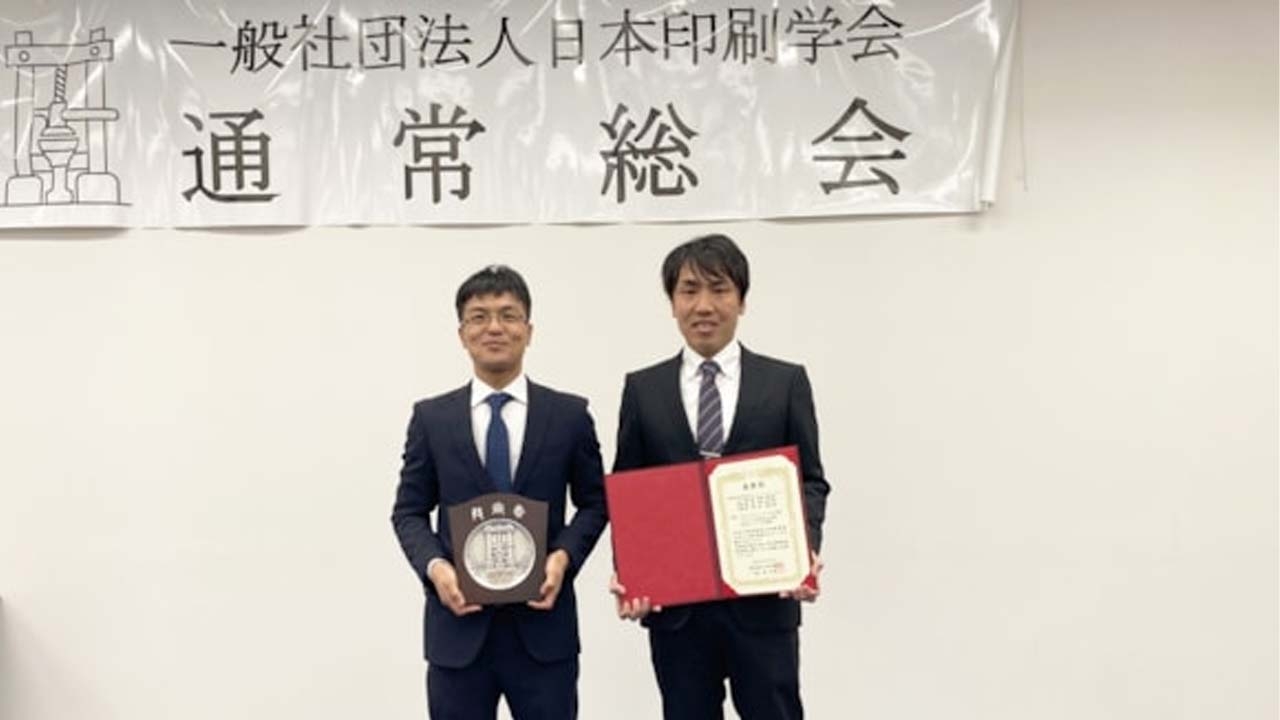Tetra Pak commits to net zero emissions
Tetra Pak has confirmed its strategic priority in driving the sustainability transformation by setting an ambition for net zero emissions across the value chain by 2050, supporting this with an intermediate 2030 target of net zero carbon emissions across its own operations.

‘We have consistently delivered on our climate goals, right from the first goal set in 2002, again in 2005 and we are on track to meet our 2020 goal. In 2017, we were the first company in the food and beverage industry to have our climate impact reduction targets approved by the SBT initiative,’ said Lars Holmquist, executive vice president, packaging solutions and commercial operations at Tetra Pak.
‘Most recently, we joined the European Alliance for Green Recovery, the first pan-European call for mobilization on post-crisis green investment solutions. Today, we’re once again leading the way by setting ambitious net zero emissions targets that will drive transformation right across our sector and the entire value chain. The planet’s greatest environmental challenge demands nothing less from us,’ added Holmquist.
Tetra Pak will focus on four key areas to reach net zero GHG emissions across its own operations by 2030, and to realize its 2050 ambition along the entire value chain.
Lowering energy-related emissions through energy conservation, improvements in energy efficiency, installing on site solar photovoltaics and purchasing renewable energy. Since 2011, Tetra Pak has invested over EUR 16 million in energy efficiency, preventing energy use from increasing by 23 percent over this period.
To date the company has installed about 8000 panels, delivering low carbon electricity whilst saving operational costs. A member of the RE100 initiative, Tetra Pak has gone from 20 percent use of renewable electricity in 2014 to 69 percent in 2019, and it is on track to achieve its 2020 target of 80 percent. This journey included the installation of solar panels across its operations and the purchasing of renewable certificates, with the company being one of the first to do so in countries such as Thailand and South Africa.
‘Ten years ago, we set a climate goal to cap our 2020 impact across the value chain at 2010 levels, while growing the business. This helped us save 12 million tones of GHG emissions to date. We believe that our ability to set and demonstrate progress in line with science and societal expectations, our innovation drive and the collaborative approach across the value chain put us all on the right path to achieve our new ambition,’ concluded Holmquist.
Stay up to date
Subscribe to the free Label News newsletter and receive the latest content every week. We'll never share your email address.

